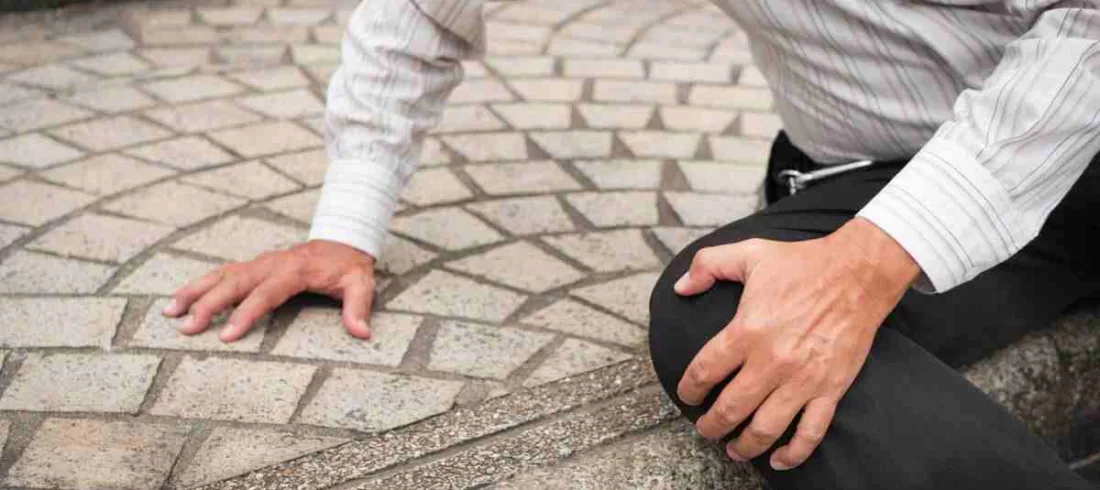What You Need to Know About Social Media During Personal Injury Claims
If you’ve been involved in a personal injury claim, you may wonder if social media can be used as evidence against you. The answer is YES. Insurance adjusters and defense lawyers will scrutinize your social media activity to try to find evidence that can be used to undermine your case.
Section 1: Understanding the Risks of Social Media
Social media has become an integral part of our daily lives, but it can also be a double-edged sword when it comes to personal injury claims. Insurance adjusters and defense lawyers are increasingly using social media to gather evidence that can be used to undermine your case. It is essential to understand the risks involved in using social media during a personal injury claim.
One of the biggest risks of social media is that anything you post can and will be used against you. Even innocent posts can be taken out of context and used against you. For example, if you post a photo of yourself out with friends, it could be used to argue that your injuries are not as severe as you claim.
Another risk of social media is that it can be used to challenge your credibility. If you claim that your injuries have had a significant impact on your life, but your social media activity suggests otherwise, it can be used to undermine your credibility.
Section 2: Best Practices for Social Media during a Personal Injury Claim
Now that you understand the risks of social media, it is time to learn how to use it to your advantage. Here are some best practices for using social media during a personal injury claim:
- Change your privacy settings to the highest level. Make sure that your profiles are not publicly visible, and only your friends can see your activity.
- Do not post anything related to your case on social media. This includes photos, comments, or anything else that could be used against you.
- Be careful who you accept friend requests from. Insurance adjusters and defense lawyers may try to friend you on social media to gain access to your activity. Be cautious about accepting friend requests from people you do not know.
- Do not delete any posts or messages. Deleting posts or messages can be seen as an attempt to hide evidence.
Section 3: The Dos and Don’ts of Social Media for Personal Injury Claims
Here are some dos and don’ts for using social media during a personal injury claim:
Dos:
- Do use social media to document your injuries. For example, you can post photos of your injuries or updates on your recovery process.
- Do be honest in your social media activity. Anything you post should be consistent with your claims and injuries.
- Do use social media to show the impact of your injuries on your life. For example, you can post about how your injuries have affected your ability to work or enjoy your hobbies.
Don’ts:
- Don’t post anything related to your case. This includes comments, photos, or anything else that could be used against you.
- Don’t post anything that contradicts your claims. If you claim that your injuries have had a significant impact on your life, but your social media activity suggests otherwise, it can be used to undermine your credibility.
- Don’t accept friend requests from people you do not know. Insurance adjusters and defense lawyers may try to friend you on social media to gain access to your activity. Be cautious about accepting friend requests from people you do not know.
Section 4: The Benefits of Using Social Media for Personal Injury Claims
Despite the risks, social media can be a powerful tool during a personal injury claim. Here are some benefits of using social media for personal injury claims:
- Social media can be used to prove your case. For example, if you post photos or updates that show the extent of your injuries, it can be used as evidence to support your claims.
- Social media can be used to provide evidence of your injuries. For example, if you post photos of your injuries, it can be used as evidence to support your
Social media can be used to show the impact of your injuries on your life. For example, if you post about how your injuries have affected your ability to work or enjoy your hobbies, it can be used as evidence to support your claims for lost wages or diminished quality of life.
Social media can also be used to show the other side’s bad faith. For example, if the other side is claiming that you were not injured, but you have social media posts that show the extent of your injuries, it can be used to show that the other side is acting in bad faith.
If you have been involved in a car wreck, truck accident or motorcycle crash in Denton County, Texas, don’t hesitate to contact the experienced accident injury attorneys at Chandler Ross. We are here to help you get the compensation you need to move forward after a car accident.
With offices in Denton, Keller, Euless and Southlake, Texas, Chandler | Ross, PLLC and our Personal Injury Attorneys are well positioned to provide the most effective and highly-skilled representation possible. We are a local law firm, focused on providing each and every client with the best representation possible. If we take your case, it’s for a reason, and we’re going to prove that to you. Don’t wait, and don’t compromise. Contact us today for a Free Case Evaluation. In most cases, you pay nothing unless you recover. Contact us now. (940) 800-2500.
DISCLAIMER:
While Chandler | Ross makes every effort to ensure information disseminated throughout this website is correct and up to date, we cannot and do not guarantee that informational blogs and articles within the site are accurate, up-to-date, and/or applicable to any specific situation. Nothing herein is intended to create, and nor does it create an attorney-client relationship of any kind. The information contained within this site is for general use and educational purposes only, and should not be relied upon as legal advice of any kind. No action should be taken in reliance of this information without first contacting an attorney who is licensed to practice in your jurisdiction.


